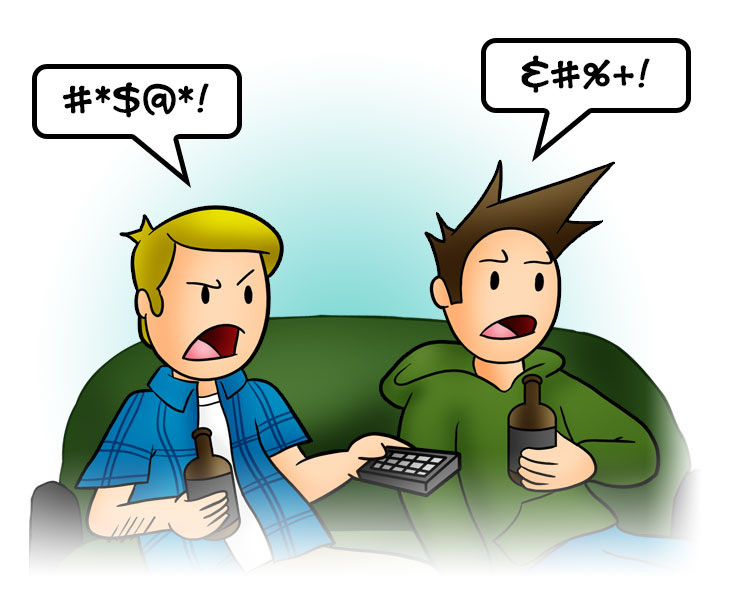 As I write this, the gloom is almost palpable outside. We have heavy rain and lowering clouds. It is far from a fulgent day.
As I write this, the gloom is almost palpable outside. We have heavy rain and lowering clouds. It is far from a fulgent day.
Writing Consultant Griffin Myers suggested the word after she encountered it, as we do with so many interesting terms, in a class. The OED Online has it listed with a “frequency band” of only 2 out of 8, meaning such words “occur fewer than 0.01 times per million words in typical modern English usage. These are almost exclusively terms which are not part of normal discourse and would be unknown to most people.”
So our word may be on the way out the door with many other ancient but lovely adjectives.
The OED’s usages vary. Wordsworth once described sunset in terms of it begin “the fulgent West” and a century later, a writer for Ebony noted a musician’s “fulgent keyboard technique.”
But the core sense of “bright,” “shiny,” or “glittering” remain, even if this word itself fades.
Please nominate a word or metaphor useful in academic writing by e-mailing me (jessid -at- richmond -dot- edu) or leaving a comment below.
See all of our Metaphors of the Month here and Words of the Week here.
Gem image courtesy of Pixabay free images.











